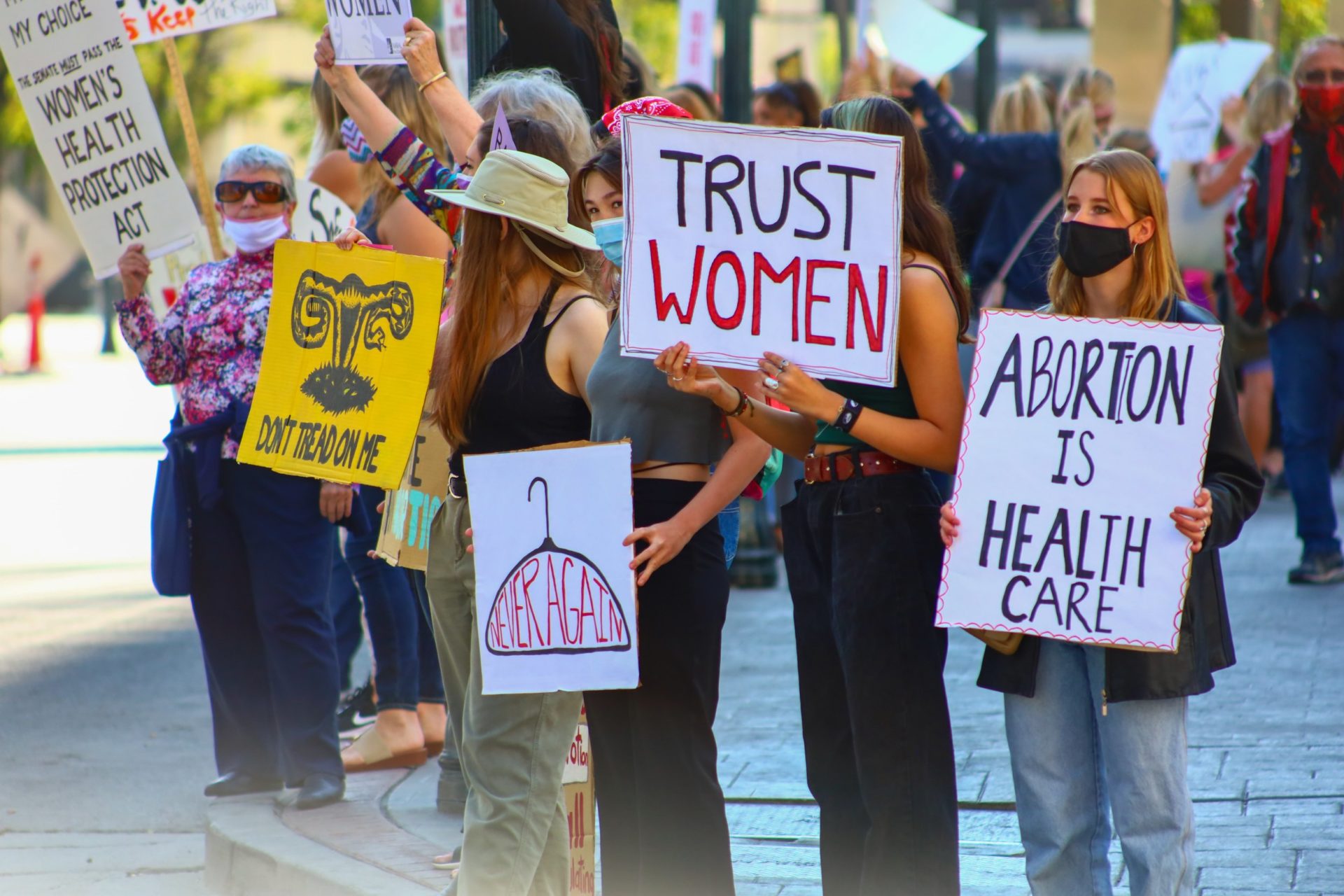
With over a century of collective experience in law, obstetrical and gynecological medicine, and health care policy, we penned an article for this site back in December 2021 after the case to overturn Roe v. Wade was argued before the Supreme Court. We argued that health care is a right, not a privilege, and with the scores of legal and legislative challenges to the Affordable Care Act having gone up in smoke (the latest being the June 2021 Supreme Court decision upholding ACA), this precedent seemed all but confirmed. Today, with Alito’s draft opinion overturning Roe leaked, this right is threatened and our supposition, unfortunately, incorrectly assumed.
Justice Alito’s opinion to overturn Roe was joined by four other staunchly conservative justices and has sparked insurmountable outrage, debate, and punditry since the draft was leaked. In a reactionary attempt to counter the impending decision, Senate Democrats led by Chuck Schumer tried to pass a bill guaranteeing the right to an abortion, but the bill was dead-on-arrival and was widely considered a messaging ploy ahead of the midterms. Most notably was the reaction from Republican Senator Susan Collins, who said that the opinions of Justice Gorsuch and Kavanaugh were “completely inconsistent” with what they told her during the confirmation process – that overturning Roe violated the legal doctrine of stare decisis, or in other words, legal precedent. Justice Amy Coney Barrett also indicated that Roe was a legal precedent during her confirmation hearing as well.
In short: the impending reversal means abortion will become a state’s rights issue, with each state deciding whether to allow abortions or to legislate somewhere in between. According to the Guttmacher Institute, 26 states with Republican-controlled legislatures will outlaw abortion to some degree – with some doing so even in the case of rape or incest. In the most extreme cases such as Louisiana, states are even considering treating abortion as a homicide.
If Alito’s opinion remains the same, women’s reproductive health will no longer be a right, but rather turned into a “game” of Russian roulette depending upon the politics of the state where such a woman lives. Even the noted medical journal The Lancet stated on a recent front cover:
“If the US Supreme Court confirms its draft decision, women will die. The Justices who vote to strike down Roe will not succeed in ending abortion, they will only succeed in ending safe abortion. Alito and his supporters will have women’s blood on their hands.”
So, let’s consider why Roe’s protections have been necessary for the last 50 or so years and, consequently, why must they remain in place going forward.
Even though states may have local control over the licensing and supervision of health care providers, all the current metrics by which we judge the quality and safety of our country’s medical systems are based on a national standard of care. If the Supreme Court does overturn Roe v. Wade, our society will be taking a huge step backward by creating more healthcare inequities in a system struggling to improve access to quality medical care and services.
The standard of care in the country has been to allow men and women the right to medical services to maintain their well-being. In the case of women specifically, this includes the choice of whether to accept the personal challenges and risks if one chooses to carry a pregnancy to term. While modern medicine has lowered the mortality rate of childbirth (though still higher than most industrialized nations and Roe’s reversal will only make it worse), it is not without risk, and women will always be subjected to unforeseen complications during their pregnancy. Providers of women’s reproductive health services are trained to provide the most up-to-date and comprehensive services based on the best scientific evidence, yet limiting procedures to six weeks gestation will condemn women to carry a pregnancy to delivery and accept all the risks with no hope of a normal living baby.
Once abortion services become limited on a state-by-state basis, we now are asking licensed independent providers to care for a woman based on legislative political agendas and not what may be the best for a woman’s physical and emotional well-being according to a national standard of medical care. Do these individuals who profess to be pro-life realize that a woman’s life and well-being are of paramount importance and need to be protected, respected, and valued? Do they realize that the continuation of pregnancies in certain medical situations may place a woman’s well-being and her life in jeopardy?
For example, most women do not know in advance that their underlying medical conditions may evolve into a high-risk obstetrical situation making it dangerous to their health – and possibly their life. Similarly, conditions like ectopic (pregnancy growing outside the uterus) or severe, uncontrollable hypertensive, cardiac, or liver disorders are life-threatening conditions that may necessitate the termination of pregnancies to preserve the life of the expectant mother. There are also the complications of IVF-induced (higher-order) multiple pregnancies or being diagnosed with cancer, among many other possibilities. And we must not forget fetal genetic, chromosomal, or anatomic abnormalities that are inconsistent with fetal survival that are only first diagnosed in early to mid-pregnancy.
These are all an abbreviated sample of the many medical and ethical decisions that come with pregnancy and those who provide care, regardless of state lines. When Roe is reversed, and states are allowed to eliminate or restrict the availability of abortion services, the patients in those states will be essentially condemned to accept life-threatening complications that could come with bearing a child. Those physicians who provide reproductive health care and treatment shudder to think what the Hippocratic Oath will mean for them who will have to witness such dangerous pregnancies. To the justices on the court’s high bench ready to reverse Roe, we ask: how is this fair, equitable and equal treatment under the law?

Miles J. Zaremski
A graduate of Case Law School in Cleveland, Miles Zaremski is the longest-serving chair of the American Bar Assoc.’s Standing Committee on Medical Professional Liability and a past president of the international organization, The American College of Legal Medicine.

Edward S. Linn
Dr. Linn is a Professor Emeritus and former Interim Chair of the Department of Obstetrics and Gynecology at Rush University Medical Center and Rush Medical College, Chicago. He previously served as both the Chairperson of the Department of Obstetrics and Gynecology for Cook County Health (Chicago), and as an Associate Professor of Obstetrics and Gynecology at the Northwestern Feinberg School of Medicine, also in Chicago.






